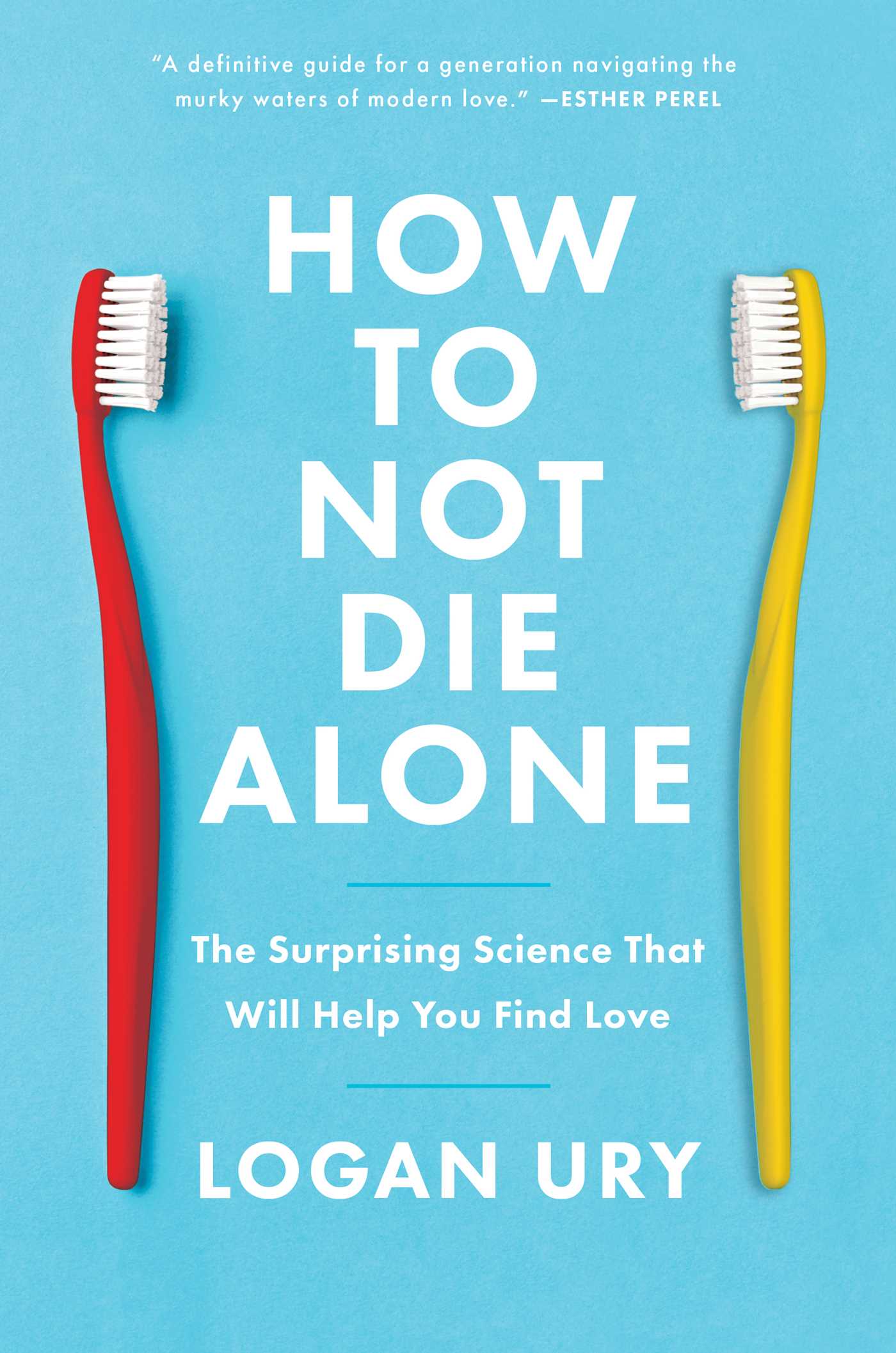
How to Not Die Alone: The Surprising Science That Will Help You Find Love
Logan Ury
About the Author

Logan Ury
Questions & Answers
"Intentional Love" redefines traditional dating and relationships by emphasizing conscious decision-making and active management over passive waiting or chance. It encourages individuals to view their love lives as a series of choices, rather than accidents, and to approach relationships with informed intentions. This approach involves acknowledging and adjusting bad habits, making strategic decisions about dating, and engaging in crucial conversations. It also incorporates behavioral science to understand and overcome irrational tendencies that hinder finding love. By focusing on long-term compatibility and personal growth, "Intentional Love" promotes building lasting, fulfilling partnerships through deliberate actions and continuous effort.
Behavioral science plays a crucial role in understanding and improving dating experiences and relationship outcomes by revealing the irrational and predictable patterns in human decision-making. It helps identify blind spots in our dating behaviors, like unrealistic expectations or fear of rejection, which hinder finding love. By understanding these patterns, individuals can make informed choices and develop new habits. Behavioral science also informs relationship science, highlighting the qualities that contribute to long-term success, such as emotional stability, kindness, and shared values. Techniques from behavioral science, like the Relationship Contract and active listening, can help couples navigate conflicts and strengthen their bond, leading to more fulfilling and lasting relationships.
The book tackles modern dating challenges by emphasizing the impact of Romanticism and social media on unrealistic expectations. It argues that Romanticism, with its fairy-tale-like expectations of love, leads to the belief in a soul mate and effortless relationships, which is unrealistic. The book also criticizes social media for showcasing curated, idealized relationships, making users compare their own relationships and feel inadequate. To counter these influences, the book encourages readers to adopt a "work-it-out" mindset, focusing on effort and growth in relationships. It suggests overcoming the three dating tendencies—Romanticizer, Maximizer, and Hesitater—by developing realistic expectations and being intentional about their love lives.
The book suggests several key strategies and exercises for improving dating experiences and navigating important relationship decisions:
-
Identify Your Dating Tendency: Recognize if you're a Hesitater, Romanticizer, or Ditcher to understand your dating blind spots and work on overcoming them.
-
Attachment Theory: Understand your attachment style (secure, anxious, or avoidant) to recognize how it affects your relationships.
-
Focus on What Matters: Look for partners with emotional stability, kindness, loyalty, a growth mindset, and a personality that brings out the best in you.
-
Shift from Evaluative to Experiential Mindset: Focus on how you feel during dates rather than evaluating potential partners like job candidates.
-
Attend Events: Use the Event Decision Matrix to find events that are enjoyable and likely to lead to quality interactions.
-
Create Better Dates: Suggest unique date activities and use the Post-Date Eight exercise to reflect on your feelings after dates.
-
Define the Relationship (DTR): Have a clear conversation about relationship status to avoid misunderstandings.
-
Decide to Move In Together: Consider the implications and make an informed decision.
-
Break Up: Use the Breakup Contract to navigate the conversation and move on.
-
Get Over Heartbreak: Reframe the experience as a learning opportunity and focus on personal growth.
-
Decide if You Should Get Married: Use the All About Me questions to evaluate your relationship and consider a Relationship Contract for ongoing commitment.
The book emphasizes personal growth and self-discovery as integral to forming lasting relationships. It encourages readers to understand their own tendencies, like the "Maximizer" or "Satisficer" mindset, and how these affect their dating choices. By recognizing these tendencies, individuals can break harmful patterns and develop healthier habits. The book also stresses the importance of self-reflection, suggesting exercises like the "Post-Date Eight" to help readers tune into their feelings and reactions during dates. It advocates for a growth mindset, suggesting that partners should be chosen based on shared values and potential for growth together. Furthermore, the book encourages readers to learn from past relationships, using breakups as opportunities for growth and learning rather than failures. This focus on personal development ensures that individuals enter relationships with a clearer understanding of themselves and their needs, leading to more fulfilling and lasting connections.